Press release
On the International Day of Persons with Disabilities
Amplifying the leadership of persons with disabilities for an inclusive and sustainable future
As the world commemorates the International Day of Persons with Disabilities today on the 3rd of December, we call for the inclusion of people with disabilities in Malawi in decision-making spaces.
The International Day of Persons with Disabilities is commemorated every year on the 3rd of December to raise awareness of, promote understanding and acceptance of persons with disabilities in all societies across the world. At the same time, we are also commemorating the 9th day of the 16 days of activism to end Gender Based Violence (GBV). According to the 2018 Malawi Population and Housing Census indicates, there are 1,734,250 persons with disabilities aged 5 and above. Of this ratio, more than 134, 636 are people with albinism.
As a human rights championing institution, we are cognizant of the oft difficult lived realities of persons with disabilities in our communities. While Malawi grapples with a hostile economic climate, harmful socio-cultural norms, persons with disabilities are increasingly exposed to volatile situations, potential and actual harm. We note with positive candor the developments taken by the Malawi government, in ensuring the protection of persons with disabilities through its legal provisions. Malawi has the Disability Act assented to by the Joyce Banda administration in 2012. Part IV (4) subsections 6 to 27 highlights the rights of persons with disabilities in health, employment, education, sports, recreation, research, social protection, economic, social, technological and political spheres of life. Government enacted several policies such as the National Policy on Equalization of Opportunities for Persons with Disabilities in 2006 to promote equal opportunities, freedom of choice and their rights and the Malawi Vision 2063 (2020) which outlines their need for social protection. The Ministry of Education also provides for inclusive education through services in education institutions such as the Montfort Special Needs Education College and Machinga Teacher’s Training College.
Malawi has also ratified international instruments such as one of the 9 UN treaties; the International Convention on the Rights of People with Disabilities (2006) and at regional level, the African Charter on Human and People’s Rights (1989), the African Charter on the Rights and Welfare of the Child in (1999), among other successive protocols that seek to uphold human rights. In addition, the Government of Malawi through the Ministry of Lands is constructing houses for persons with disabilities, such as people with albinism. So far, it has completed 67 houses and plans to complete 965 housing units over a period of 5 years from 2021.
However, human rights violations are still commonplace in the country such as the abduction, killings and extraction of their tissue and bones of people with albinism. Due to a lack of education and awareness on physical, mental, and cognitive conditions, persons with disabilities are exposed to stigma and discrimination in society. A clear example of this is demonstrated through the spate of killings noted in the country against elderly people. This pivots us to a gap within our legislation that do not provide a definition of what disability is, its parameters, and the types of disability known and unknown.
As we note that the realization of human rights is a gradual process, we encourage all government sectors through their line ministries to assess their employee diversity base to make leeway for persons with disabilities to participate. Employers in the private sector and the general public must re-examine their employment criteria, and take measures to make provisions for the inclusion of persons with disabilities, and promote acceptance and protection of those already in their systems.
In line with the 16 days of activism, we remind the government of the Protocol to the African charter on human and peoples’ rights on the rights of women in Africa (also known as the Maputo Protocol), particularly on Article 23: Special protection of women with disabilities that postulates that States parties must:
(a) ensure the protection of women with disabilities and take specific measures commensurate with their physical, economic and social needs to facilitate their access to employment, professional and vocational training as well as their participation in decision-making;
(b) ensure the right of women with disabilities to freedom from violence, including sexual abuse, discrimination based on disability and the right to be treated with dignity
Lastly, we also urge the general public and key societal actors such as community members, chiefs, religious leaders, to desist from promoting stigma, discrimination and discourage harmful practices that put the lives of people with disabilities at risk. Let’s embrace and celebrate diversity in our communities.
Signed today, 3rd December, 2024 by:
Michael Kaiyatsa
Executive Director -CHRR
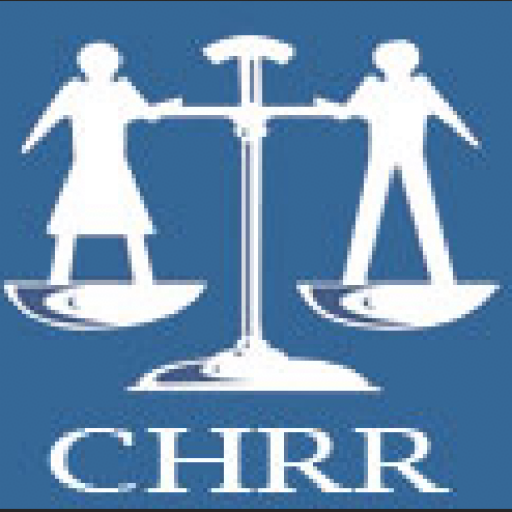
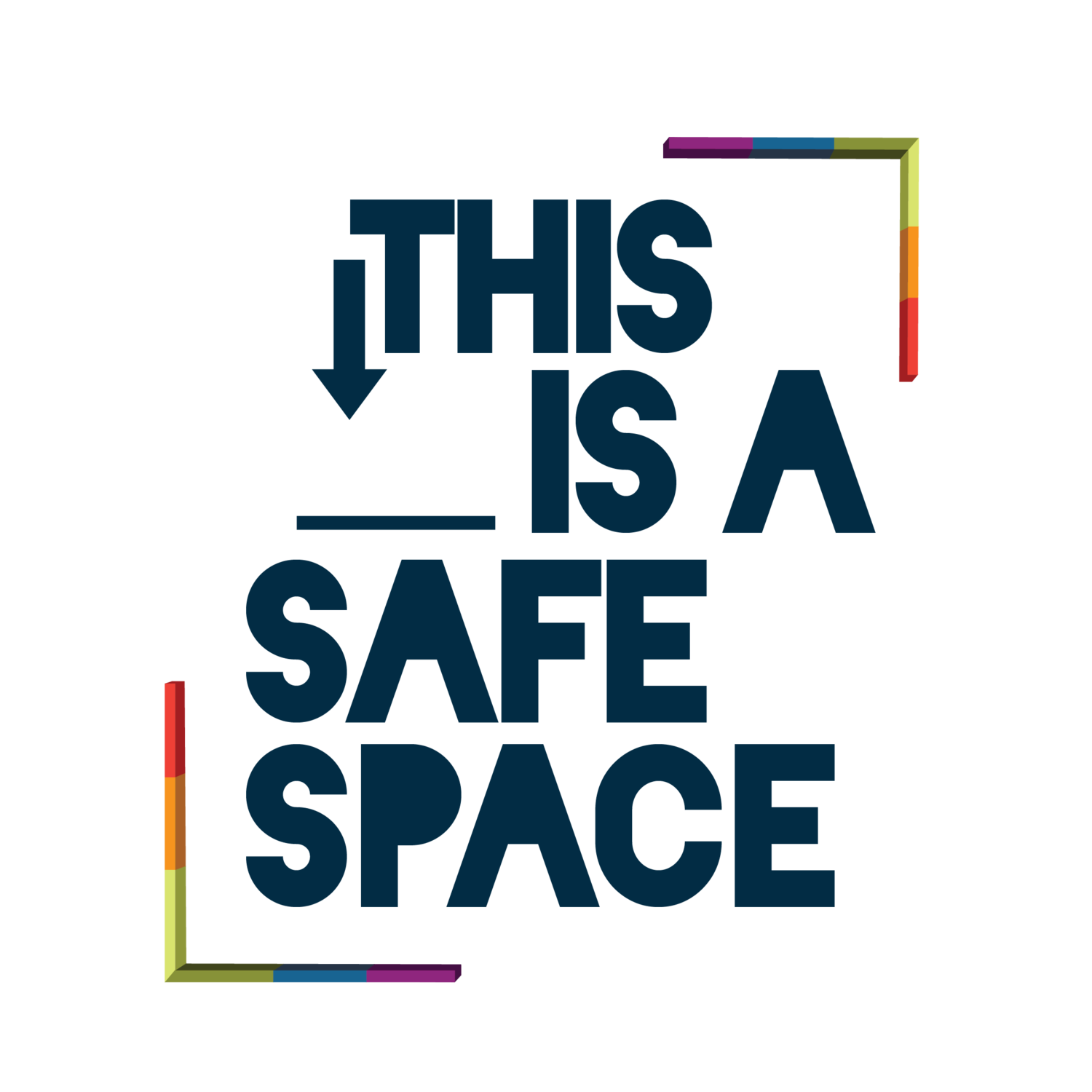
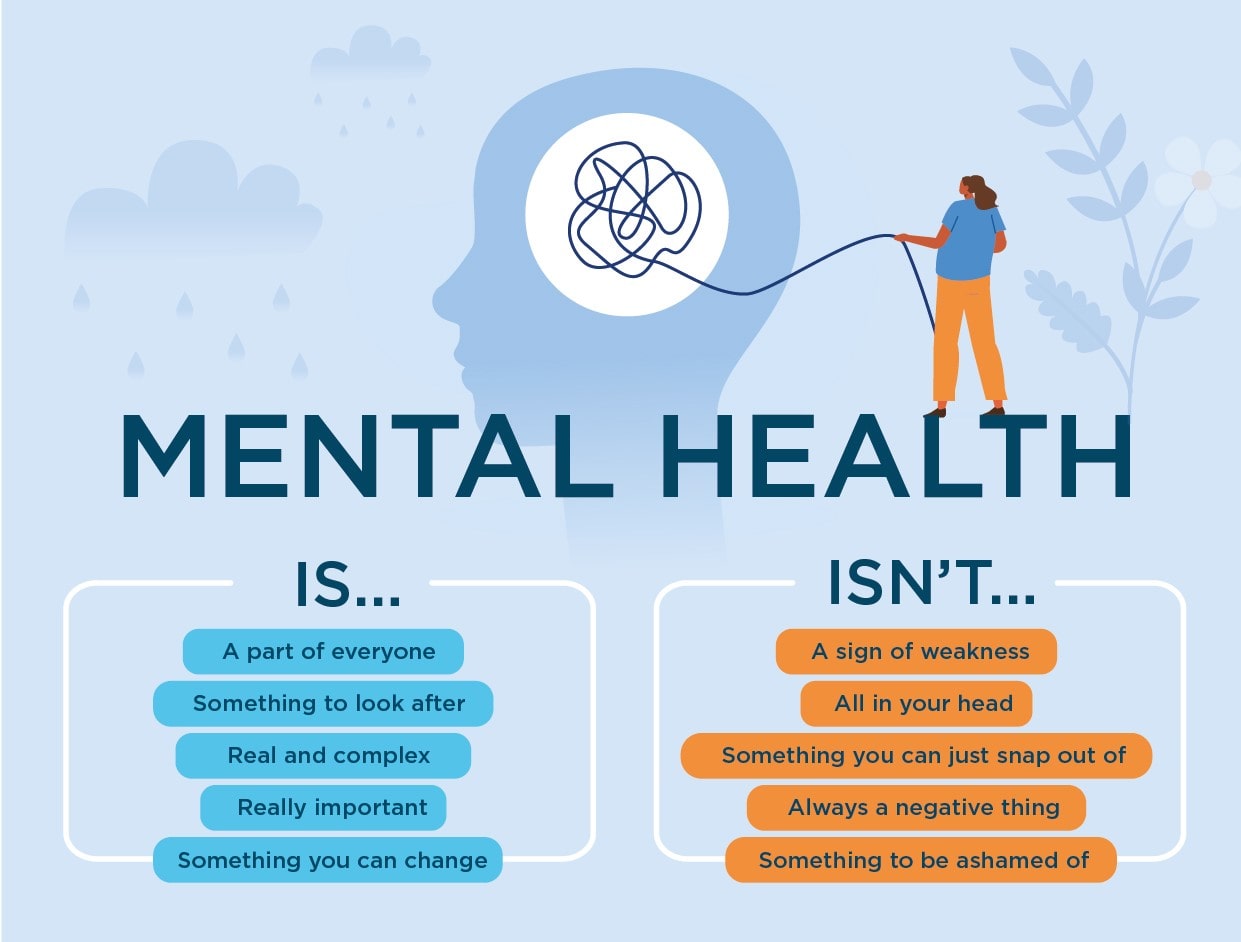
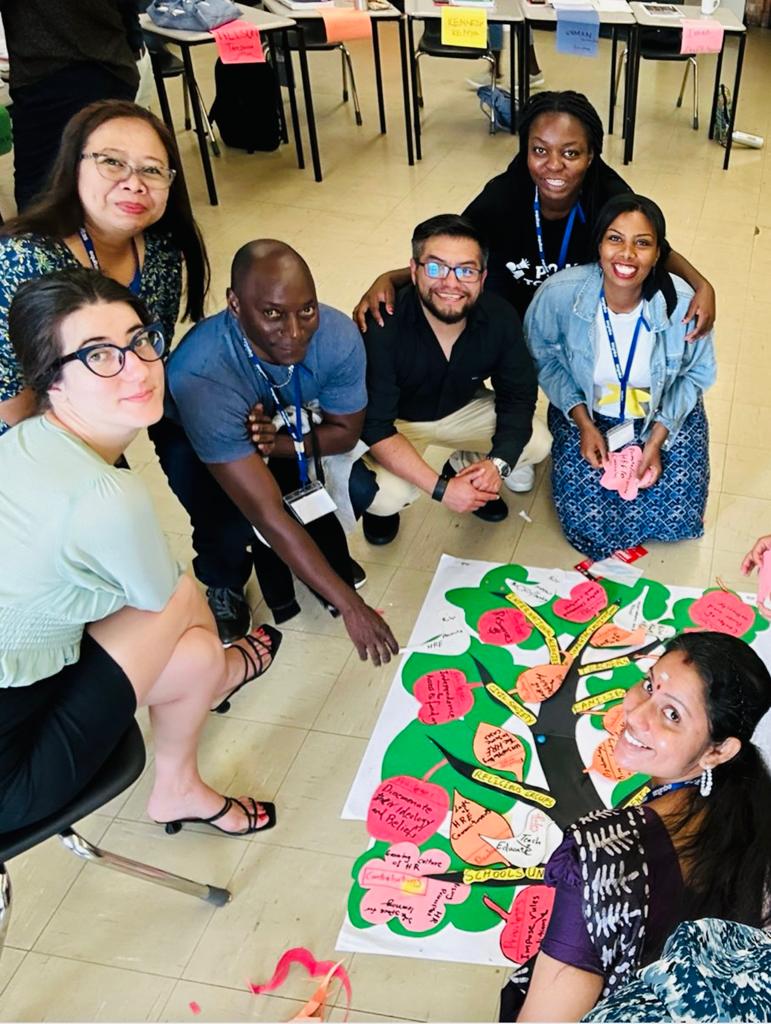
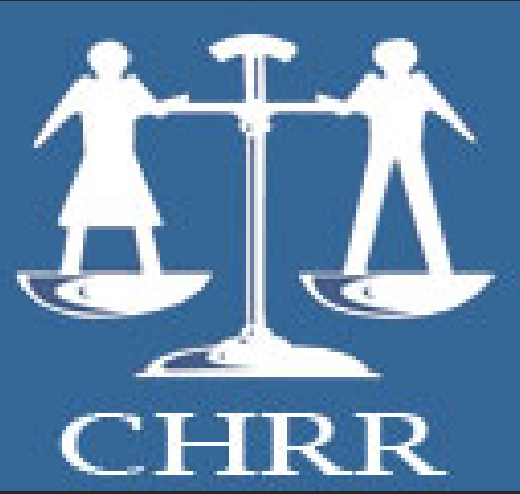


Comments